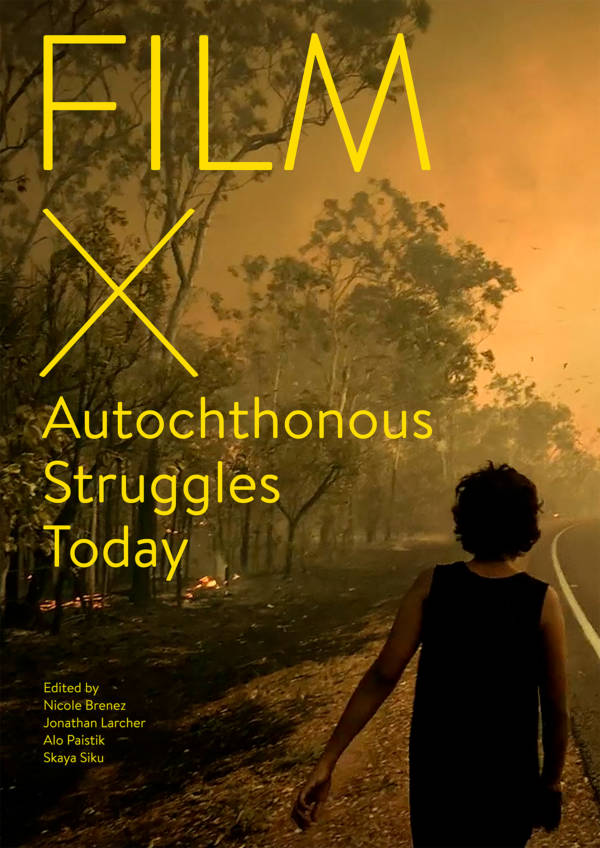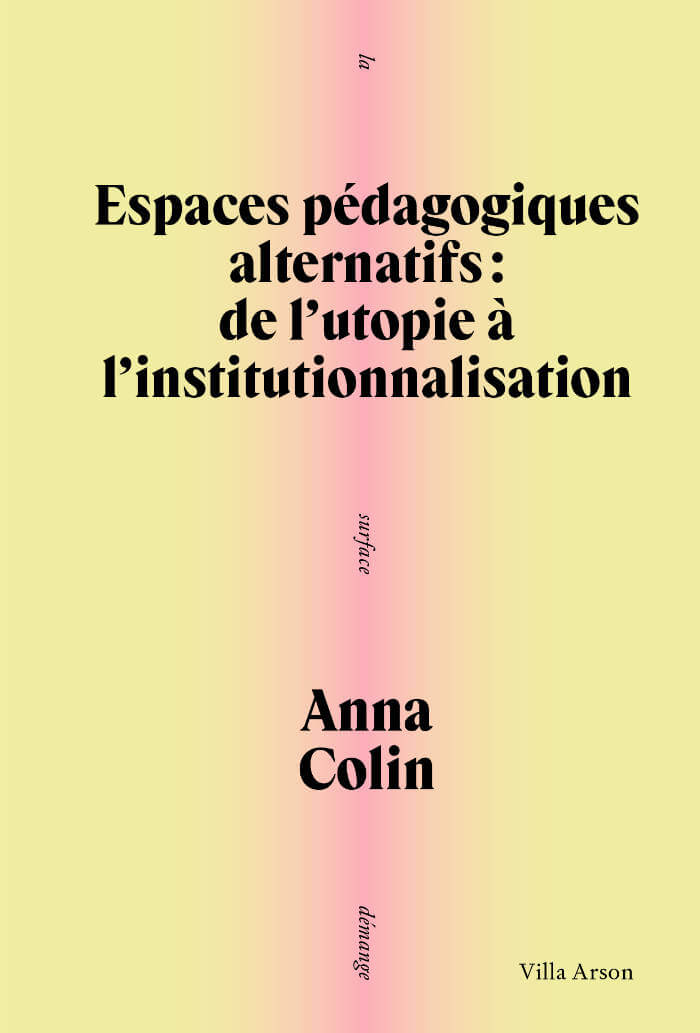
Alternative Pedagogical Spaces – From Utopia to Institutionalization
A critical exploration of the values and qualities inherent in independent educational organizations and the hurdles in the way of remaining "alternative" with the passing of time.
Grounded in empirical research, Alternative Pedagogical Spaces: From Utopia to Institutionalization is a critical inquiry into the establishment, development, and transformation of alternative pedagogical and social spaces. Written by Anna Colin, a former director and co-founder of Open School East, an independent art school and community space founded in London in 2013, this essay-length book explores the instituting factors, organizational life cycles, and alignments and misalignments between values and practices that permeate such a project. The essay delves into the qualities and prerequisites for what Colin calls "multi-public educational organizations." It also scrutinizes the hurdles associated with the effort to remain alternative, including processes of habituation, temptation or pressure to scale up, ethos-bending fundraising exercises, and long tenure, as well as the plain desire for stability and sustainability.
Alternative Pedagogical Spaces proposes where to look for a reconceptualization of waiting, slowness, and longevity, and asks how these ideas may benefit cultural practice and the design of future institutions (or the redesign of existing ones). Overriding the common assumption that success equals longevity, the author searches for institutional models that resist chrononormativity, drawing from social movements, psychotherapy, biology, and permaculture.
Language: English





